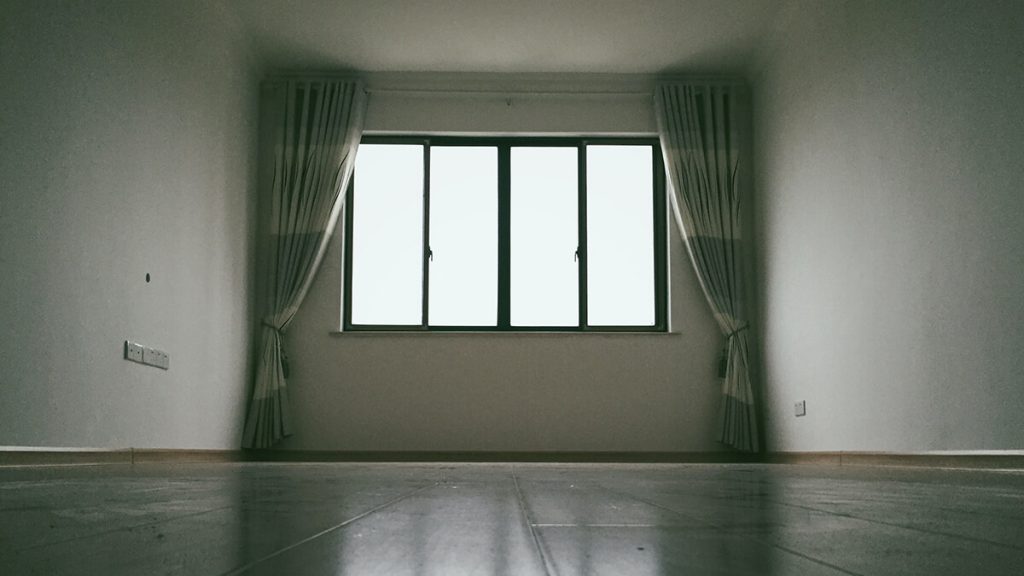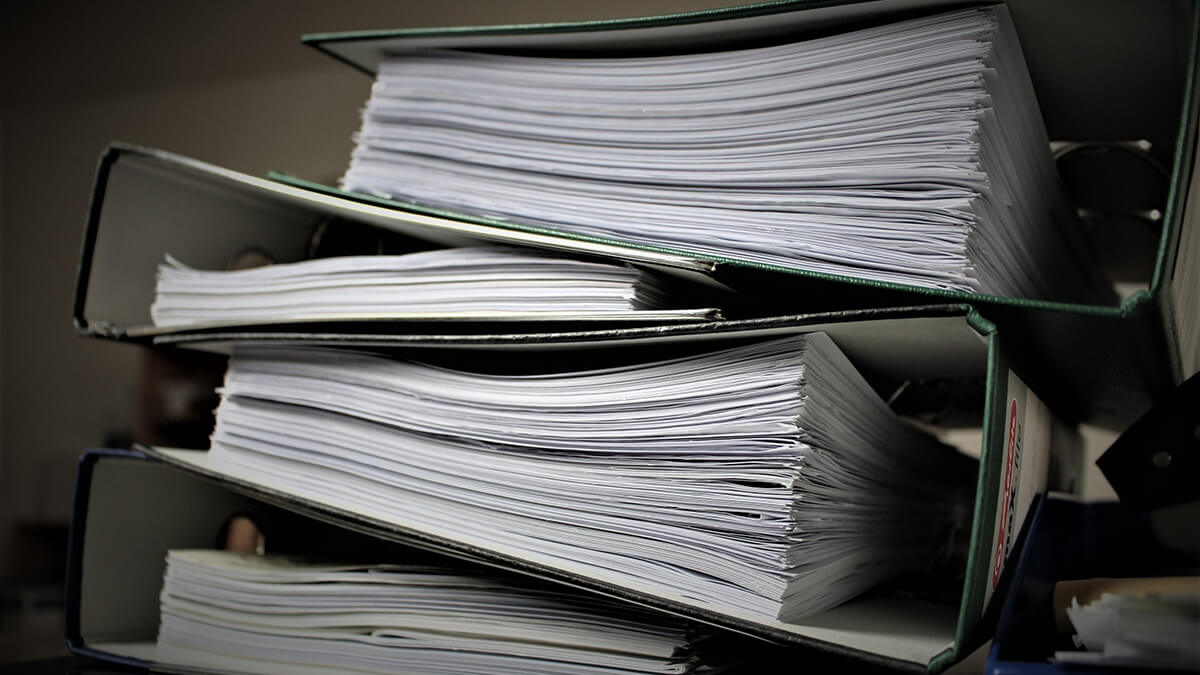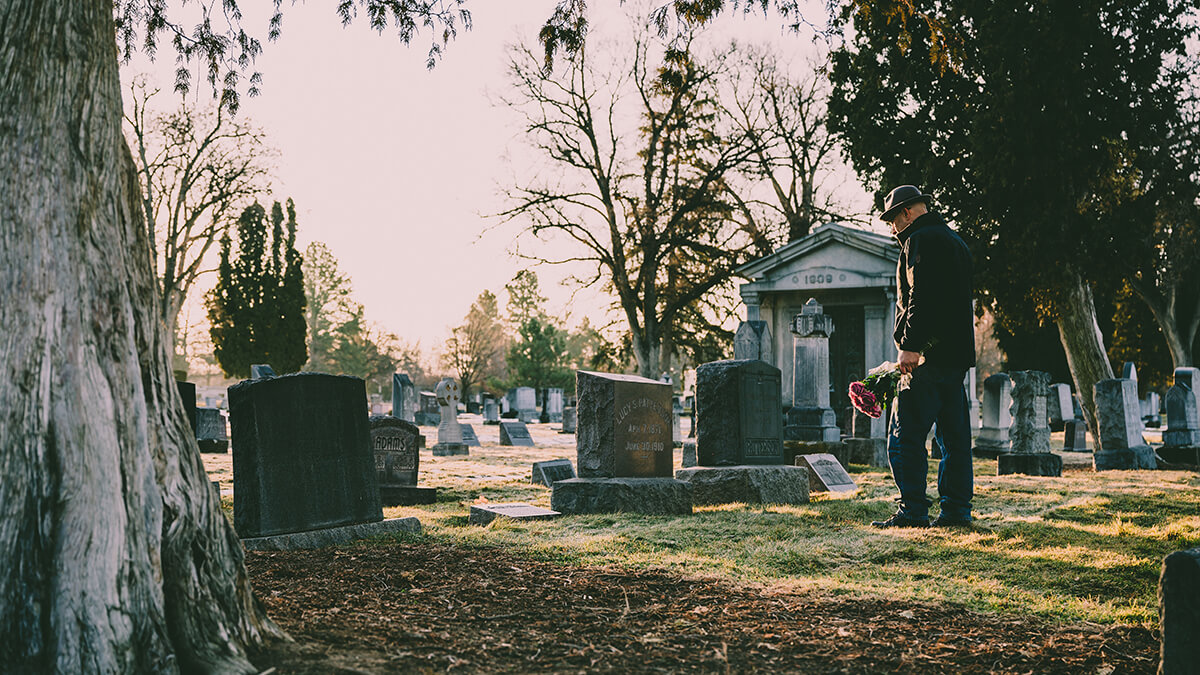Losing a loved one is never easy, and dealing with the legalities that follow can add to the stress. One common question that arises is whether you can empty a house before probate is completed. The short answer is often no, as probate laws typically require that the estate’s assets remain intact until the process is finalized.
Navigating probate can be overwhelming, but at iBuyer.com, we simplify part of the journey for you. If you’re looking to sell an inherited home, our platform offers a fast, fair cash offer, eliminating the need to wait for probate to conclude. Let us handle the complexities while you focus on what matters most—taking care of your family and honoring your loved one’s memory.
In this article, we’ll explore the intricacies of probate and what you can and cannot do with a property during this period. From understanding the legal requirements to practical steps for managing the estate, we provide the guidance you need during this challenging time.
Keep reading to learn more about the probate process and discover how we can offer a straightforward solution for selling an inherited property.
Compare Cash Offers from Top Home Buyers. Delivered by Your Local iBuyer Certified Specialist.
One Expert, Multiple Offers, No Obligation.
What is a probate?

Probate is a legal procedure that prevents anyone from clearing a house after death. It’s court supervised, to ensure that the beneficiaries will get the assets they are entitled to.
You may be wondering what if there is a will involved? Do you have to do a probate when someone dies, or does that change things?
The answer is yes—you will still need to do a probate before you can go about clearing a house after death. If there is a will, the executor named in the will has the responsibility for carrying out the decedent’s wishes in a probate court.
The only instance where you’re allowed to empty a house before probate is when probate isn’t legally required all together. For example, when the house is passed down via a living trust, joint ownership, community property law, or transfer-on-death need, a probate is not needed.
If you do have to do a probate, be prepared for it to take between 3 months to many years. The exact time frame will depend on the complexity of the estate, the number of family members involved, and what instructions the deceased person may have left.
In some cases, the court will simply give the house to a family member as per the deceased person’s wishes. Other times, they will appoint an executor or a personal representative of the estate to oversee the steps involved.
Can an executor dispose of assets before probate is complete? That answer is simple: no. The executor will have to wait until the probate process is over before disposing of assets.
Why do you have to do probate when someone dies?

Your wish to clear a house after the death of a loved is no doubt out of good intention. Say if it’s a deceased parent, you may want to deal with any outstanding bills or commitments they may have, not to mention bring a few sentimental items back to your home.
But, your parent’s house may also contain items of value, such as money, jewelry, and family heirlooms. The courts want to stop anyone from removing items before probate in order to prevent fraud from occurring, or the items being taken by someone when the will stated to give them to someone else.
There’s also an important element of time to consider here. Because the probate process doesn’t typically begin until weeks after death, this stops you from making decisions in a rush, which can actually be beneficial and prevent family disputes.
Bear in mind though that laws around probate vary depending on the state, so the exact reasoning may also differ.
You might be wondering, if you already did probate in one state, can you empty a house before probate in another state? Unfortunately, that’s also a no. Probate transfers in one state doesn’t mean an automatic transfer in another state.
So, if your situation would require a probate, then the answer to the question “can you clear a house before probate?” is negative. You have to wait until an executor is named during probate before removing items from and cleaning out a deceased parent’s house.
What happens to the deceased estate’s house contents?
Now that you know about probates and the laws that must be abided by during probate before removing items from and cleaning out a deceased parent’s house, let’s discuss the next question that arises: once everything is settled in the probate court, what happens to deceased estate house contents?
There are two scenarios that can occur, but the short answer is that the deceased estate house contents will end up with the descendants.
Scenario 1 is that the house goes to the descendent and they receive the estate’s house contents.
Scenario 2 is that there will be a probate home sale through the courts.
In the second scenario, “personal belongings in the property will be distributed among the heirs or the personal property will be sold off in an estate sale prior to the closing of the home,” explained Rob Kittle, a Colorado-based probate real estate specialist, in a Home Light article.
But it’s crucial to note that it’s not just the assets, but also the liabilities that you may be responsible for. For instance, death does not absolve things like mortgage payments. The next owner has to continue with any due monthly payments.
Beneficiaries of the house may also find themselves having to pay capital gains tax if the value of the home goes up during the probate process. But, there may be ways to avoid it.
How to clean a house after probate?
As we covered in the first part of this article, you really can’t do anything before probate, so the answer to the frequently asked question “can you clear a house before probate” is also a no. That said, that does not mean there’s nothing you can do beforehand.
You can begin with a few basics, like changing the locks on the house. That’s always a great place to start if you don’t know for sure how many people have access to entry and, just because courts don’t allow people to clear a house before probate, doesn’t mean people will necessarily respect that.
You can also deal with mail by forwarding it to your home address. This can be easily done through USPS.
You’ll definitely want to keep paying things like house insurance and home maintenance, but feel free to cancel unimportant items, such as magazine subscriptions, for instance.
After the probate process is complete and an executor is named, you can then go about cleaning out the house properly. This process can be tedious and tiresome, but cleaning out a deceased parent’s house can also be emotional and stressful.
To help make the task of cleaning out a deceased parent’s house a little bit more manageable, it can be helpful to follow specific steps:
- Search for important documents
Important documents typically include: financial documents, insurance, wills, photographs, letters, etc.
Keep sentimental items and be sure to continue paying things like home insurance, utility bills, etc. until you can change or cancel them, but make sure to destroy sensitive information, like social security numbers.
- Systematically create piles for belonging
Create three piles:
1. Keep
2. Donate/Sell
3. Throw away
Being organized will make the clearing process much easier and quicker, plus a systematic approach helps to combat some of the emotion you might be feeling as you work through this process.
If more than one family member wants to keep an item, it’s best to set that aside into a separate pile and come back to it later to negotiate and make the decision on who gets what.
- Hire an appraiser and estate liquidator
It may also be a good idea to hire an appraiser, as they’ll know how much items are worth and what makes sense to sell. For example, on your own you might not have realized the value of vintage items or art pieces. Once you know what can be sold, an estate liquidator can also help you sell the items quickly.
So, while the answer to the question “can you empty a house before probate?” is no, after probate there’s plenty of things you need to do to clear out a home and get it ready to sell if you choose to do so. While you wait for probate, you can always use the time to prepare for when you can clean out a deceased parent’s house and be ready to work quickly when the time comes that you may do so.
How to sell the house without hassle?
After clearing out the house, you’re now ready for the next step, if you choose it: the house selling process.
Not only do you have to do a probate when someone dies, there are also legal procedures involved in selling the house afterwards. The law protects buyers so they have to be informed if the seller died in the house.
But, state rules vary, so double check your states rules regarding ‘seller disclosures’. In California, for example, buyers have to be informed about deaths occurring within the previous three years.
If you decide to sell the traditional way and hire a realtor, then the next step is to get the house in a condition ready to be marketed and shown to potential buyers. You might need to do repairs and upgrades, and perhaps even want to consider home staging, as, while those things cost money, they may help you sell the house more quickly.
Another option is to sell the house to an iBuyer, as this allows you to skip preparations, repairs, upgrades, and staging altogether and get an immediate all-cash offer.
iBuyer companies purchase homes sight unseen and let you choose the closing date, so selling to an iBuyer is a great option to consider if you need to sell the house fast.
Instant Valuation, Confidential Deals with a Certified iBuyer.com Specialist.
Sell Smart, Sell Fast, Get Sold. No Obligations.
Over the past 12 years, I have been immersed in high-end clientele acquisition, working alongside global corporations, Fortune 100 and 500 companies, and passionate entrepreneurs, to generate marketing demand, brand loyalty, thousands of sales per day, and millions of dollars in annual revenue.
I have a Master’s Degree in Consumer Psychology and English, and professional Certifications in Business Writing, SEO, Content Strategy, and Coaching. I have hosted live and online programs and workshops, been interviewed on expert panels and radio shows, and featured on Jack Canfield Trainings. I specialize in empowering luxury brands to attract high-end clientele, and achieve their unique business goals, through high-converting SEO copywriting.




